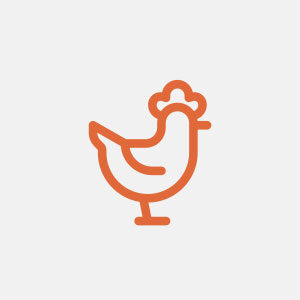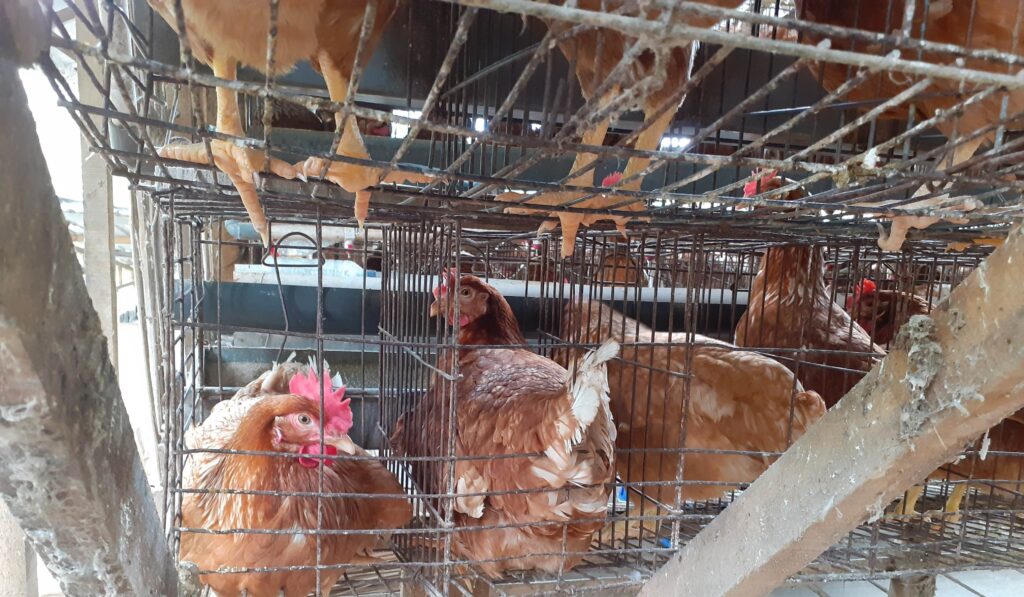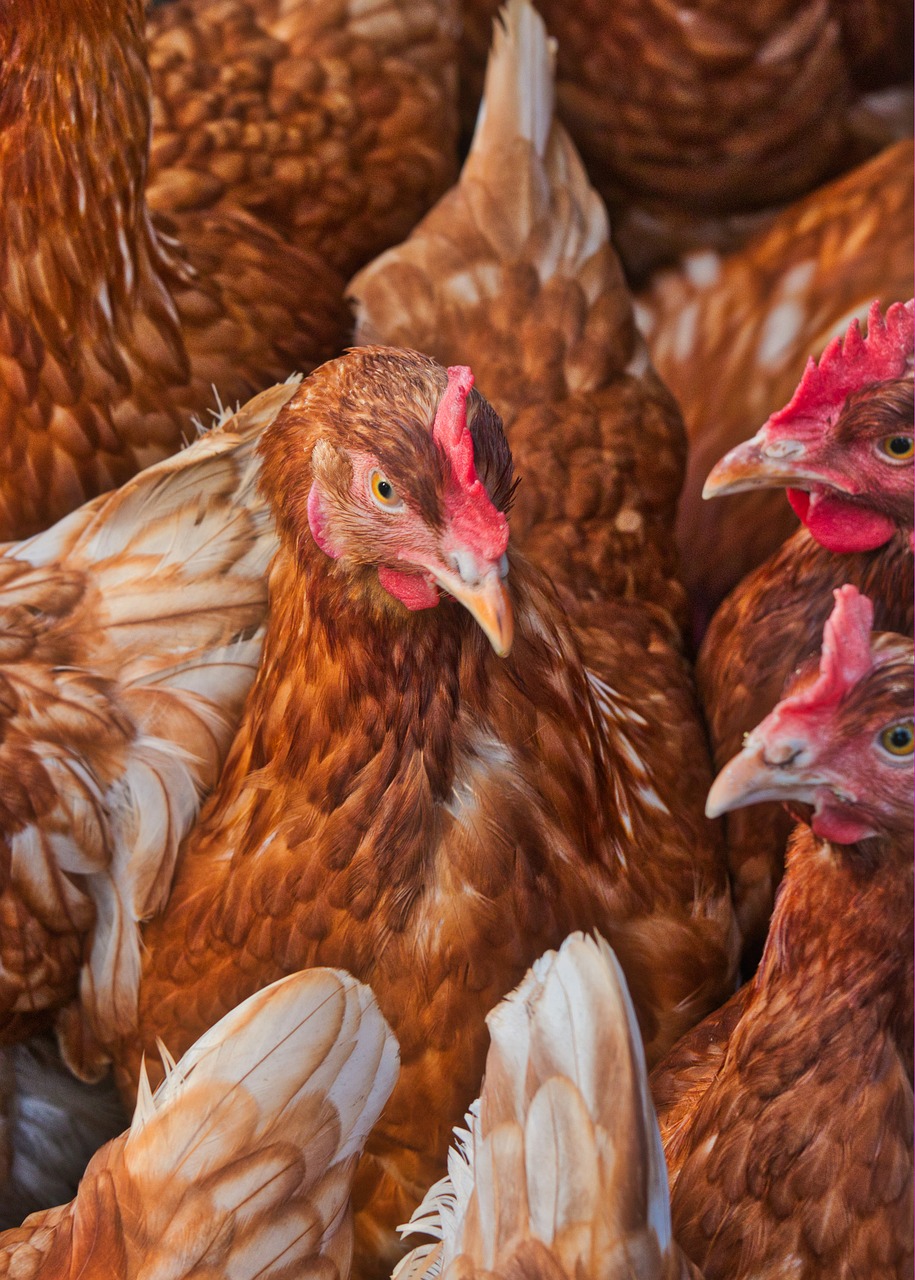We believe in
equality
Equitas is a charitable organisation that works to promote animal welfare and consumer protection in corporate supply chains.
We believe that consumers have the right to be aware of food safety risks and animal cruelty in the products they are eating.
Equal treatment of customers: People deserve equally safe and high-quality food regardless of where they live.
Equal protection for animals: Animals deserve the same care and freedom from cruelty, regardless of where they are raised.

Equitas investigates food safety and animal welfare standards in the supply chains of leading global food companies

We let the public know when companies are discriminating against international customers by serving less-safe food

We also inform the public when global food leaders fail to protect animals in their international supply chain

Equitas is a privately-operated charitable organisation; inquiries can be directed to us through our contact page
The Caged Eggs Issue

The food safety risks associated with egg production in battery-cage farms are concerning. Confining hens in cages their entire lives, where faeces gets smeared on cage bars and piles up just inches away from eggs and the birds themselves, presents serious risks to consumer safety.
Caged eggs have dramatically higher risks of salmonella-related contamination and higher levels of chemical residue from insecticides and dioxin-like contaminants.
Benefits of Cage-Free Eggs
- Food Safety. Cage-free egg farms are 25 times less likely to be contaminated with certain strains of salmonella.[1] They are easier to clean and disinfect, with lower volumes of faecal matter. Hens raised in a cage-free environment also experience less stress and are therefore less susceptible to disease. [2][3][4][5][6][7]
- Animal welfare. Cage-free systems are widely praised for protecting the welfare of animals by every major animal welfare organisation in the world, including the international RSPCA (Society for the Prevention of Cruelty to Animals) as well as NGOs throughout Asia and the Middle East.
- Increasing Consumer Interest. Public surveys show widespread support from consumers in regions such as Asia for food brands to move towards cage-free egg production.[9][10]
- Ease of Switching. Going cage-free is logistically easy. It does not require adding or removing any products, just using an egg product with higher quality and greater food safety. Using higher quality cage-free eggs does carry a slight price premium. However, the cost increase is modest, especially compared to many other sustainability and quality improvements.

The Equitas Impact
Sources
[1] European Food Safety Authority. 2007. Report of the Task Force on Zoonoses Data Collection on the Analysis of the baseline study on the prevalence of Salmonella in holdings of laying hen flocks of Gallus gallus. The EFSA Journal 97. www.efsa.europa .eu/EFSA/efsa_locale-1178620753812_1178620761896.htm
[2] The Danish Veterinary and Food Administration. 2004. The national Salmonella control programme for the production of table eggs and broilers 1996-2002. Fødevare Rapport 6, March.
[3] Davies R and Breslin M. 2003. Observations on Salmonella contamination of commercial laying farms before and after cleaning and disinfection. The Veterinary Record 152(10): 283-7.
[4] Methner U, Rabsch W, Reissbrodt R, and Williams PH. 2008. Effect of norepinephrine on colonisation and systemic spread of Salmonella enterica in infected animals: Role of catecholate siderophore precursors and degradation products. International Journal of Medical Microbiology 298 (5- 6): 429-39.
[5] Bailey MT, Karaszewski JW, Lubach GR, Coe CL, and Lyte M. 1999. In vivo adaptation of attenuated Salmonella Typhimurium results in increased growth upon exposure to norepinephrine. Physiology and Behavior 67(3): 359-64.
[6] Shini S, Kaiser P, Shini A, and Bryden WL. 2008. Biological response of chickens (Gallus gallus domesticus) induced by corticosterone and a bacterial endotoxin. Comparative Biochemistry and Physiology. Part B. 149(2):324-33
[7] Rostagno MH. 2009. Can stress in farm animals increase food safety risk? Foodborne Pathogens and Disease 6(7): 767-76.
[8] https://www.spca.org.hk/en/education-and-outreach/campaigns/choose-free-range-eggs
[9] http://journals.plos.org/plosone/article?id=10.1371/journal.pone.0109177
[10] https://hau.repository.guildhe.ac.uk/17291/1/Vasil%20Pirgozliev%20Egg%20production%20in%20China%20upload.pdf
